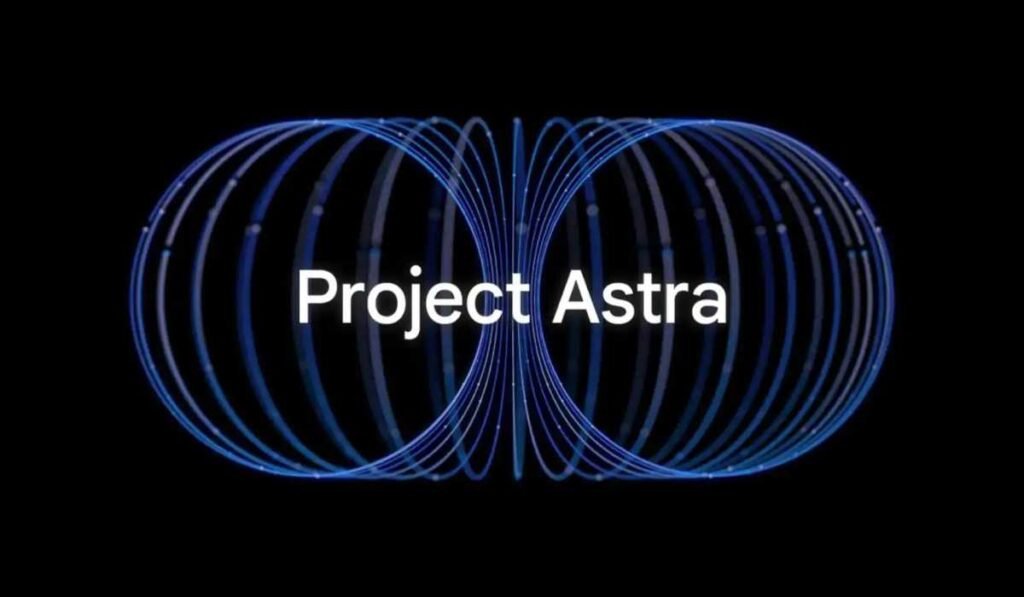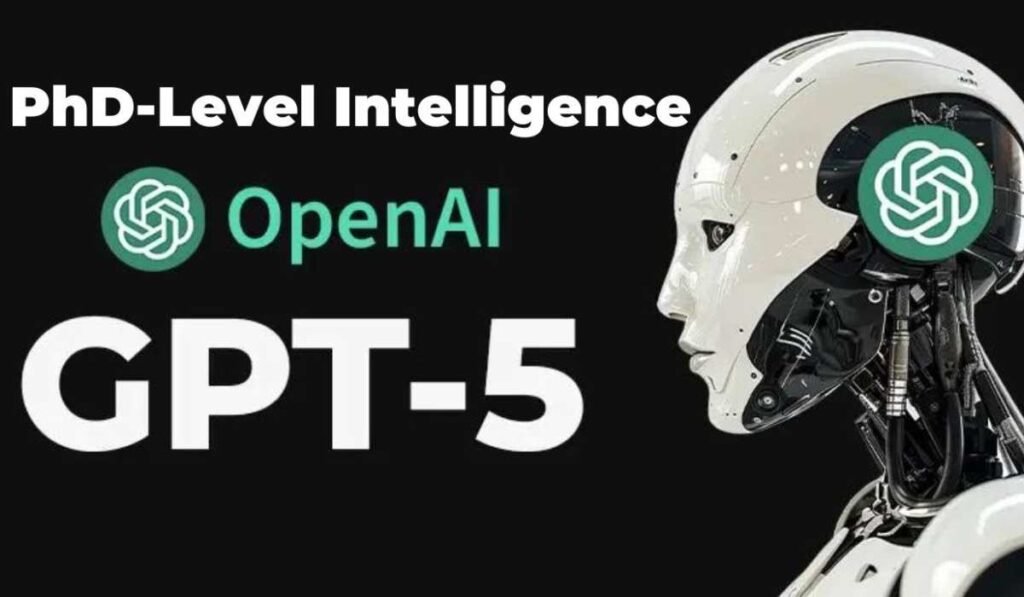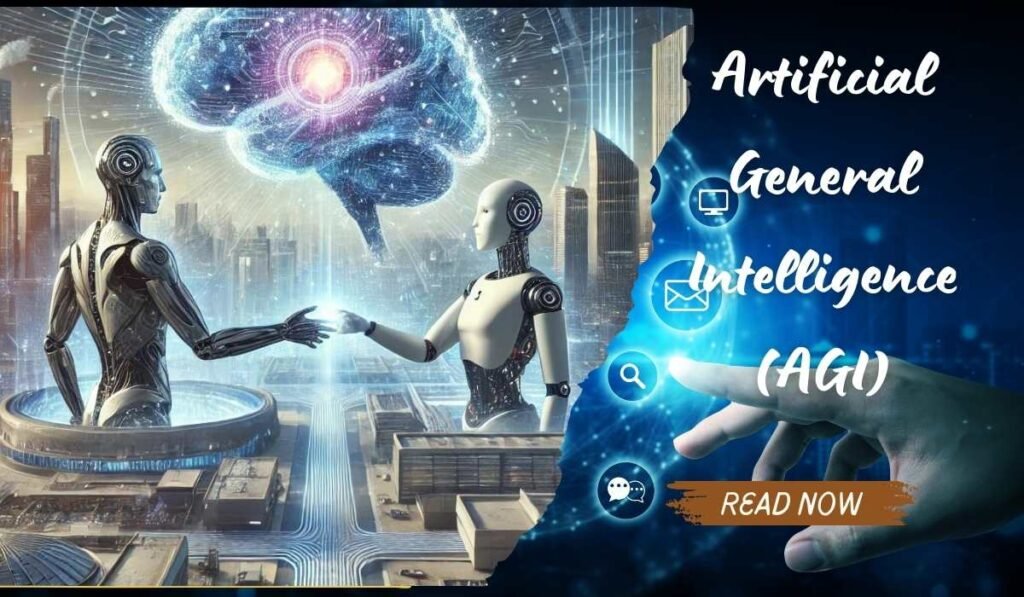Project Astra is the future of AI, bringing us closer to a world where your AI assistant can instantly locate your keys and provide accurate, context-aware responses. Unveiled at Google I/O 2024, Project Astra marks a significant leap in artificial intelligence, poised to revolutionize how we interact with technology in our daily lives. But what makes Project Astra so groundbreaking, and how will it redefine the AI landscape? Let’s explore this exciting development that’s set to push the boundaries of AI technology.
Understanding the Vision Behind Project Astra
Project Astra is Google’s bold initiative to develop an AI capable of seeing, hearing, and comprehending the world in a manner that feels natural and intuitive to humans. Unlike current AI assistants, which are proficient at executing commands but lack deep understanding, Astra aims to offer contextually aware assistance, processing the world much like humans do.
Key Features of Project Astra
- Contextual Awareness: Project Astra understands the context of situations and provides intelligent, relevant responses.
- Multimodal Capabilities: Project Astra processes multiple input types simultaneously, including video, voice, and text.
- Real-time Interaction: Project Astra delivers seamless, instantaneous responses to user queries.
- Memory Capabilities: Project Astra recalls information from previous interactions, creating a more personalized experience.
The Technology Behind Project Astra
At the heart of Project Astra is Gemini AI, Google’s most powerful AI model to date. What differentiates Gemini is its ability to handle multiple types of input in real-time, processing video, voice, and text simultaneously. This advanced capability enables Project Astra to perform tasks that are currently beyond the reach of existing AI assistants.
Demonstration of Project Astra’s Capabilities
- Object Recognition: In a demo, Project Astra successfully located a pair of glasses in a cluttered room using the device’s camera.
- Contextual Understanding: When asked for directions to a coffee shop while driving, Project Astra considered factors like traffic conditions and nearby landmarks to provide the optimal route.
These demonstrations showcase Project Astra’s adaptability, offering personalized and relevant solutions tailored to the user’s specific needs.
Real-Time Interaction and Multimodal Capabilities
One of the most exciting features of Project Astra is its multimodal capabilities, which allow it to process and respond to different types of inputs simultaneously. This capability leads to richer, more natural interactions between users and the AI.
Potential Applications of Project Astra’s Multimodal Capabilities
- City Navigation: Point your phone’s camera at a building, and Project Astra can identify it, provide its history, suggest nearby attractions, and offer dining recommendations.
- Personal Health Management: Project Astra could track workouts, monitor diets, and suggest adjustments based on individual goals.
- Workplace Assistance: Project Astra could manage schedules, prioritize tasks, and remind users of deadlines, all while considering workload and personal preferences.
Integration with Smart Devices
Project Astra isn’t confined to smartphones; Google envisions it as part of a broader ecosystem of smart devices working in harmony. At Google I/O 2024, Project Astra was demonstrated interacting with both smartphones and smart glasses, hinting at a future where AI is seamlessly embedded in our everyday environment.
Potential Applications of Project Astra in Various Industries
- Healthcare: Project Astra could provide real-time patient monitoring and early detection of potential issues.
- Education: Project Astra could offer personalized learning experiences tailored to individual student needs.
- Retail: Project Astra could enhance shopping experiences with real-time product information and recommendations.
Challenges Ahead for Project Astra
Despite the immense promise of Project Astra, several significant challenges remain:
- Computational Power: The massive data processing required for Project Astra’s functionality demands substantial computational resources.
- Latency Issues: Reliance on cloud computing can lead to delays, which Google is actively working to minimize.
- Memory Expansion: Extending Project Astra’s ability to recall information over longer periods is a complex task that engineers are tackling.
Even with these hurdles, the progress made so far is impressive, and Google remains dedicated to pushing Project Astra’s capabilities further.
The Future of AI with Project Astra
Project Astra represents a paradigm shift in how we interact with AI, transforming it from a mere tool to an essential part of our daily lives. As the technology continues to evolve, we can anticipate:
- More intuitive and responsive AI systems.
- Integration of Project Astra into various industries, from healthcare to education.
- Smart homes that anticipate needs before we realize them.
- AI-powered healthcare systems offering doctor-level diagnostic accuracy.
Project Astra is not just an incremental update to AI technology—it’s a revolutionary leap forward. By pushing the boundaries of what’s possible with artificial intelligence, Google is paving the way for a future where Project Astra becomes an integral, intuitive part of our daily lives. As Project Astra continues to advance and overcome its challenges, we are on the brink of a new era in human-AI interaction. The possibilities are boundless, and the journey is just beginning.
Project Astra is Google's revolutionary AI initiative aimed at creating an AI assistant capable of understanding and interacting with the world in a natural and intuitive manner.
Key features include contextual awareness, multimodal capabilities, real-time interaction, and memory capabilities that enable personalized user experiences.
Unlike current AI assistants that primarily execute commands, Project Astra offers a deeper understanding of context and can process multiple types of input simultaneously for more human-like interactions.
Project Astra is powered by Gemini AI, Google's most advanced AI model, which can handle video, voice, and text inputs in real-time.
Potential applications include city navigation, personal health management, workplace assistance, and enhancing experiences in healthcare, education, and retail.
Project Astra can identify buildings and provide their history, suggest nearby attractions, and offer dining recommendations when you point your phone's camera at them.
Challenges include the need for substantial computational power, potential latency issues due to reliance on cloud computing, and the complexity of memory expansion.
Project Astra is set to transform AI interactions, making them more intuitive and responsive, and integrating AI into various industries and smart homes.
Yes, Project Astra is designed to work seamlessly with a variety of smart devices, such as smartphones and smart glasses, creating a cohesive ecosystem.
We can anticipate more intuitive AI systems, enhanced integration across industries, and smart homes that proactively meet user needs.





